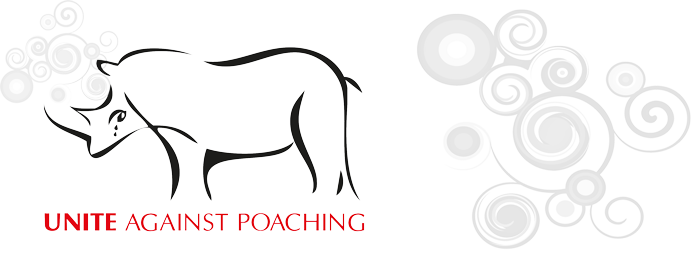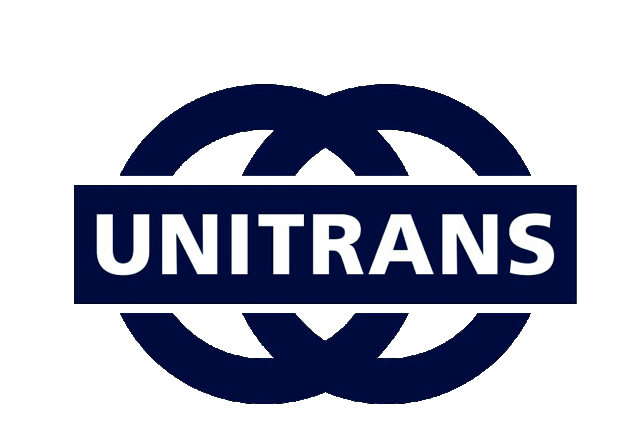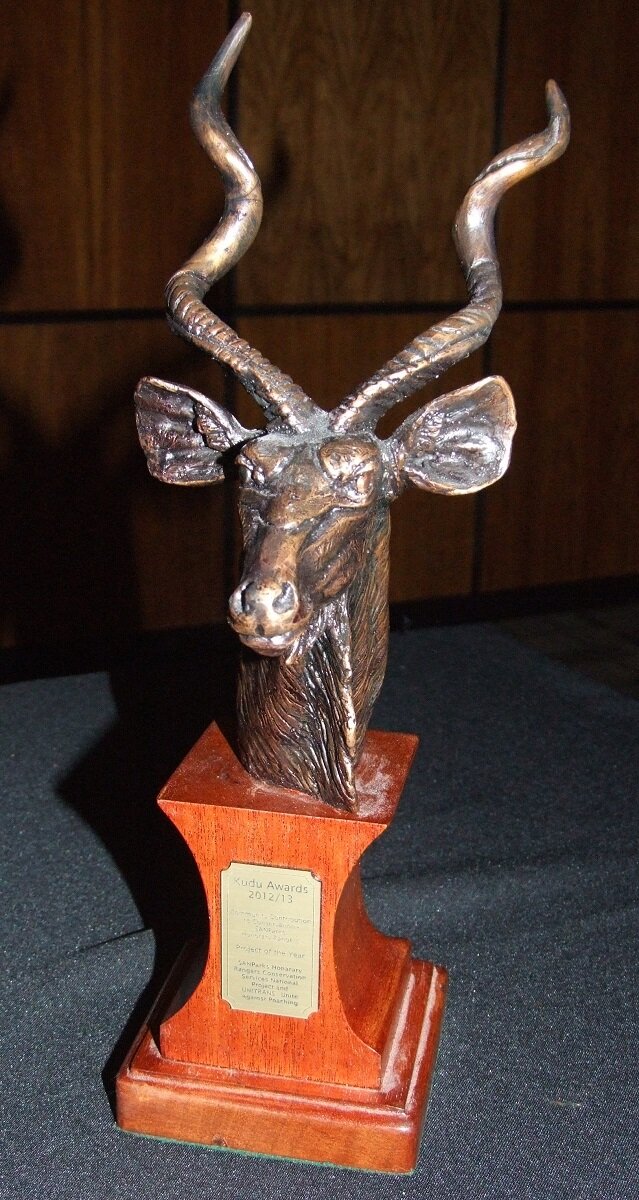Posted in The Guardian - 16 October 2014
Efforts to curb the deadly trade in rhino horn appear to be gaining traction, with a poll finding that demand for the animal part in Vietnam has dropped by more than a third over the past year.
After a year-long public information campaign in Vietnam, only 2.6% of people in the Asian country now continue to buy and use rhino horn, a decrease of 38%.
Importantly, there has been a 25% decrease in the number of people who think rhino horn, which is made of the same material as fingernails and hair, has medicinal value. However, 38% of Vietnamese still think it can treat diseases such as cancer and rheumatism.
The polling was conducted by Nielsen for the Humane Society International (HSI) and the Vietnam Convention on International Trade in Endangered Species of Wild Fauna and Flora (Cites).
Vietnam is a key market for the trade of rhino horn, which prompted the awareness campaign to try to deter people from buying and consuming it.
Demand for rhino horn, primarily in China and south-east Asia, is putting severe pressure on rhino numbers in Africa. Last year a record 1,004 rhinos were illegally poached in South Africa, which has more rhinos than any other country. Another 821 have been killed this year.
This explosion in poaching is relatively recent – only 13 rhinos were poached in South Africa in 2007. A key reason for this is the soaring price of rhino horn: it can reach $100,000 a kilogram on the black market, rivalling the price of cocaine and gold.






 Mitec Solutions
Mitec Solutions